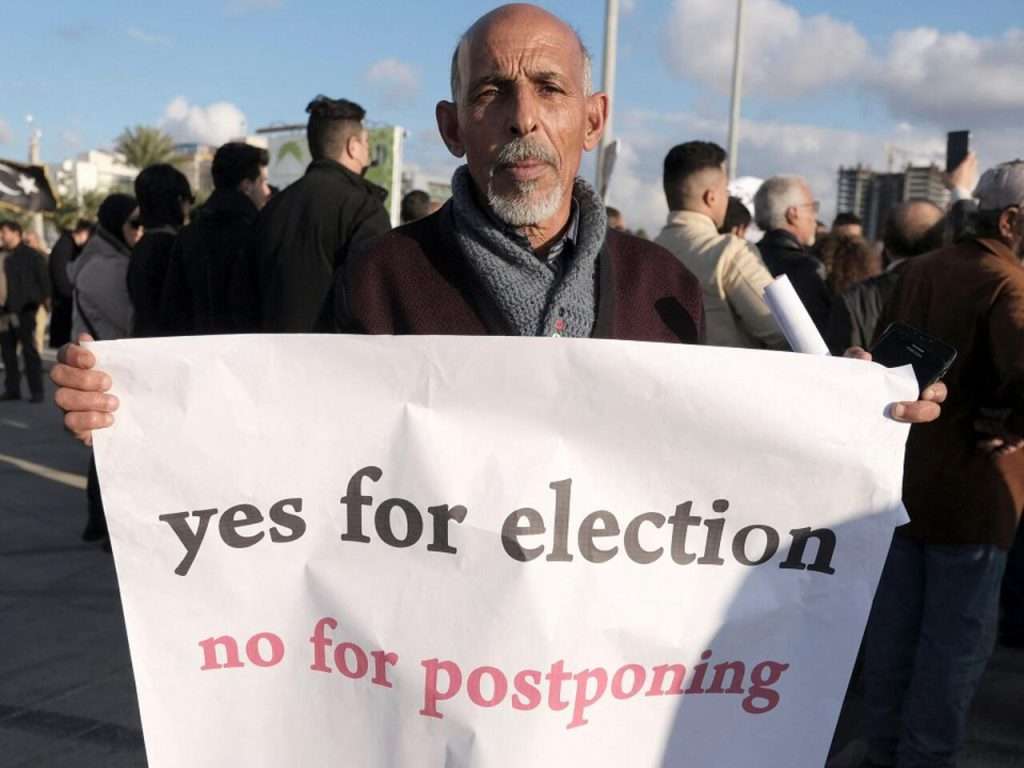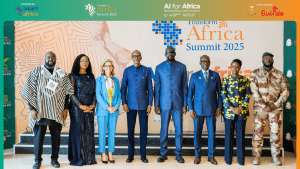UN political roadmap for Libya embraced by Arab League

A man holds a banner during a protest against the delay to the Libyan presidential election initially planned for December 24, in Benghazi, Libya December 24, 2021. REUTERS/Esam Omran Al-Fetori
The long awaited UN political roadmap for Libya was endorsed by the Arab League after it was presented to the UN Security Council, according to the Algerian-government-friendly outlet AL24 on August 25th.
Welcoming the roadmap, Arab League Secretary-General Ahmed Aboul Gheit reaffirmed support for UN efforts to end division and restore stability in Libya, remarking that the roadmap represents “an opportunity that all parties must seize in order to reach a comprehensive political settlement in Libya.”
Presented by the head of the UN Support Mission in Libya, the plan intends to formulate concrete steps to unify Libyan institutions divided by the rival administrations, as well as prioritising holding presidential and parliamentary elections.
Efforts to integrate learnings from recent Libyan municipal elections have been apparent, with the UN conducting a public survey around the nature of the Libyan elections, seeking first-hand responses in order to curate an environment where democratic and free elections can occur.
Crucially, there is a strong appetite for elections in Libya and a democratic environment to prosper, and the Arab League underscored the importance of the UN mission capitalising on this.
Furthermore, Aboul Gheit emphasised that continued coordination between the UN mission, Libyan stakeholders, regional and international partners, and of course, the Libyan people, is necessary to facilitate the implementation of the roadmap.
The political process being Libyan-owned and Libyan-led, alongside international support is perceived as vital for the unification and cohesion of Libyan institutions and sustainable democratic elections, after a divisive country has emerged since the 2011 overthrow of Muammar Gaddafi.
A lack of a political consensus on electoral laws has meant continued delays for Libyan elections, which has undermined the legitimacy of the UN-backed Government of National Unity based in Tripoli.
A constitutional vacuum that has existed since 2017 has exacerbated matters, resulting in Libya’s local, municipal and national governance structures are fragile and ineffective, with local mayors in Libya pleading for decentralised governance structures to be refined.
However, the Arab League’s expression of readiness to assume responsibility for supporting Libyans and bringing positions closer, marks another development for Libya’s political future.
AL24, Maghrebi.org
Want to chase the pulse of North Africa?
Subscribe to receive our FREE weekly PDF magazine














